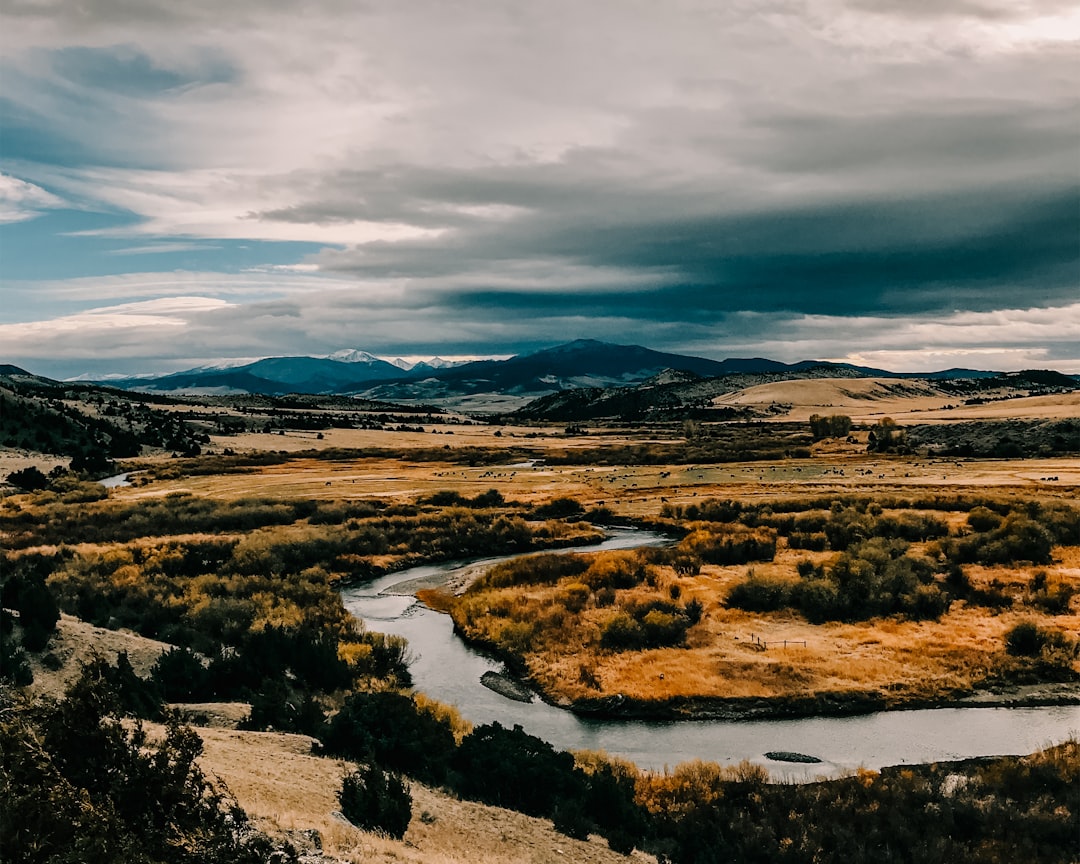Unwanted calls in Missoula, Montana, have spurred residents to seek legal help from specialized unwanted call law firms to protect their rights. Nonprofits collaborate with these firms, creating awareness campaigns and educating locals on communication preferences and consumer protection laws. The Telemarketing and Consumer Fraud and Abuse Prevention Act defines and addresses unwanted calls, empowering individuals to file complaints and advocate for stricter regulations through community engagement and partnerships with telecom companies.
Missoula residents are increasingly burdened by unwanted phone calls, a growing concern that has led to significant disruptions in daily life. This article explores the critical role of nonprofits in addressing this issue. By partnering with consumers, these organizations are at the forefront of protecting Montanan’s privacy and peace of mind. We delve into Montana’s legal framework governing unwanted calls and present effective strategies to combat nuisance phone calls, emphasizing the importance of community engagement for lasting solutions. Discover how a local unwanted call law firm and nonprofits work together to mitigate this pervasive problem.
Unwanted Calls: A Growing Concern in Missoula

In recent years, unwanted calls have become a growing concern for residents in Missoula, Montana. With the proliferation of telemarketing, robocalls, and scam artists, many individuals are left feeling harassed and frustrated by incessant phone calls. These unwanted communications not only disrupt daily life but also pose significant risks, particularly for vulnerable populations such as the elderly and those with limited access to information.
Missoula’s rising number of unwanted calls has prompted residents to seek solutions, leading many to turn to legal avenues. The Unwanted Call Law Firm in Montana offers a comprehensive approach to addressing this issue by providing guidance, support, and representation to those affected. By understanding the intricacies of telecommunications laws, the firm helps Missoula residents protect their rights and find effective remedies against persistent and intrusive calls.
Nonprofits: Partners in Protecting Consumers

Nonprofit organizations play a crucial role in protecting consumers from unwanted calls, especially in areas like Missoula, where consumer rights are taken seriously. These groups often collaborate with legal experts specializing in the Unwanted Call Law firm Montana to develop and promote awareness campaigns that educate residents on their rights and available remedies under the law.
Through community outreach programs, they empower individuals to take control of their communication preferences. By providing resources and support, nonprofits assist in navigating the complex landscape of consumer protection regulations, ensuring that businesses adhere to ethical practices. Their efforts contribute significantly to fostering a safer and more transparent environment for Montana residents dealing with nuisance calls.
Montana's Legal Framework for Unwanted Calls

In Montana, including the city of Missoula, the regulation of unwanted calls is governed by state laws and federal guidelines, collectively known as the Telemarketing and Consumer Fraud and Abuse Prevention Act. This legislation aims to protect residents from deceptive or harassing telemarketing practices. According to this act, a “unwanted call” is defined as any telephone call made for commercial purposes using an automatic dialing system or prerecorded message to a consumer who has not given explicit consent to receive such calls.
A Montana unwanted call law firm can assist residents in understanding their rights and taking action against persistent violators. Individuals who experience frequent or unwanted calls can file complaints with the Montana Attorney General’s office, which monitors compliance with the state’s telemarketing laws. This robust legal framework provides a safety net for Missoulans to protect themselves from intrusive marketing practices and encourages nonprofits to advocate for consumer rights in their community.
Strategies to Combat Nuisance Phone Calls

In addressing unwanted phone calls, nonprofits in Missoula play a vital role by leveraging creative strategies. They collaborate with local unwanted call law firms in Montana to educate residents on do-not-call rights and regulations, empowering them to take control of their communication preferences. Through awareness campaigns, these organizations promote the use of registered complaint systems, enabling individuals to report nuisance calls effectively.
Additionally, nonprofits partner with telecommunications companies to implement filtering technologies that automatically block known spam numbers. They also advocate for stricter enforcement of unwanted call laws and lobby for updates in legislation to better protect citizens from persistent and harassing phone calls. By combining legal assistance, public education, and technological solutions, these initiatives aim to create a safer and more peaceful environment for Missoulans.
Community Engagement for Effective Solutions

In addressing the issue of unwanted calls, community engagement is a powerful tool that nonprofit organizations in Missoula can leverage. By fostering open dialogue and collaboration with local residents, businesses, and other stakeholders, nonprofits can better understand the scope and impact of unwanted call law firm Montana cases on their community. This collective effort enables them to develop tailored solutions that resonate with the unique needs and challenges faced by Missoulans.
Nonprofits play a pivotal role in advocating for effective regulation and education around unwanted calls. They can organize workshops, conduct awareness campaigns, and provide resources to help residents identify and report scam calls. By engaging the community, nonprofits ensure that solutions are not just theoretical but grounded in real-world experiences. This collaborative approach enhances the overall effectiveness of efforts to combat unwanted call law firm Montana cases, promoting a safer and more informed community.





